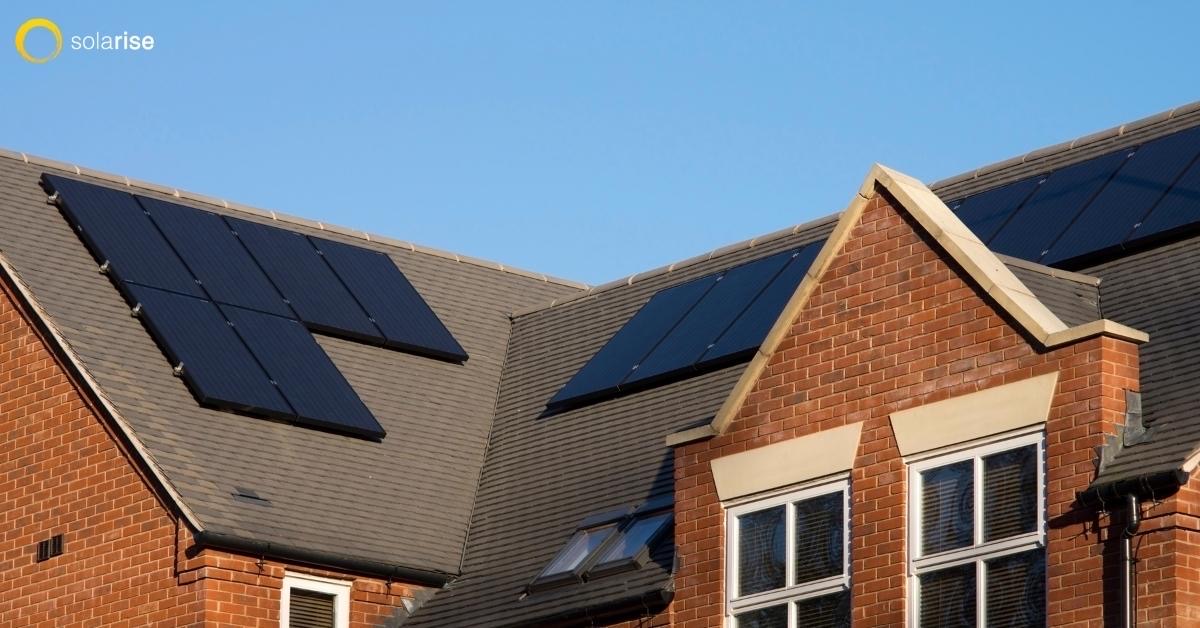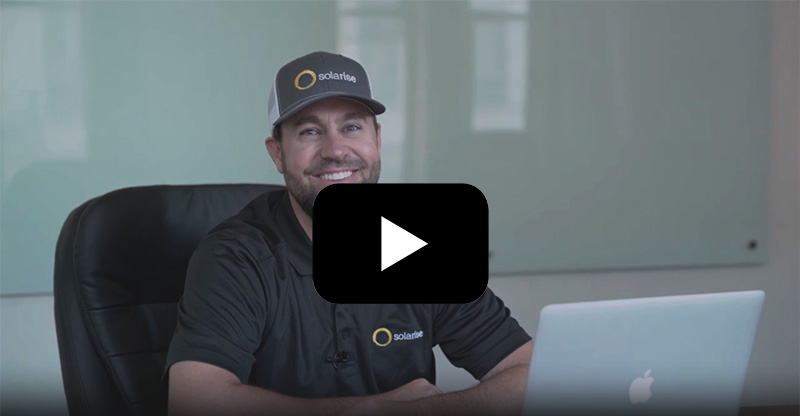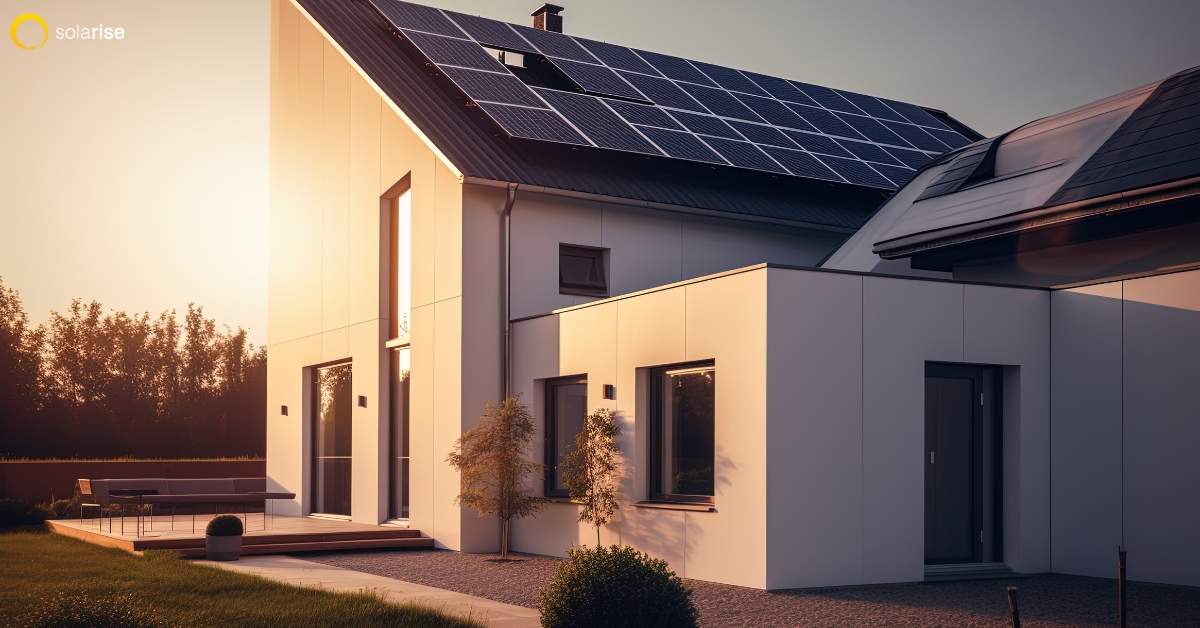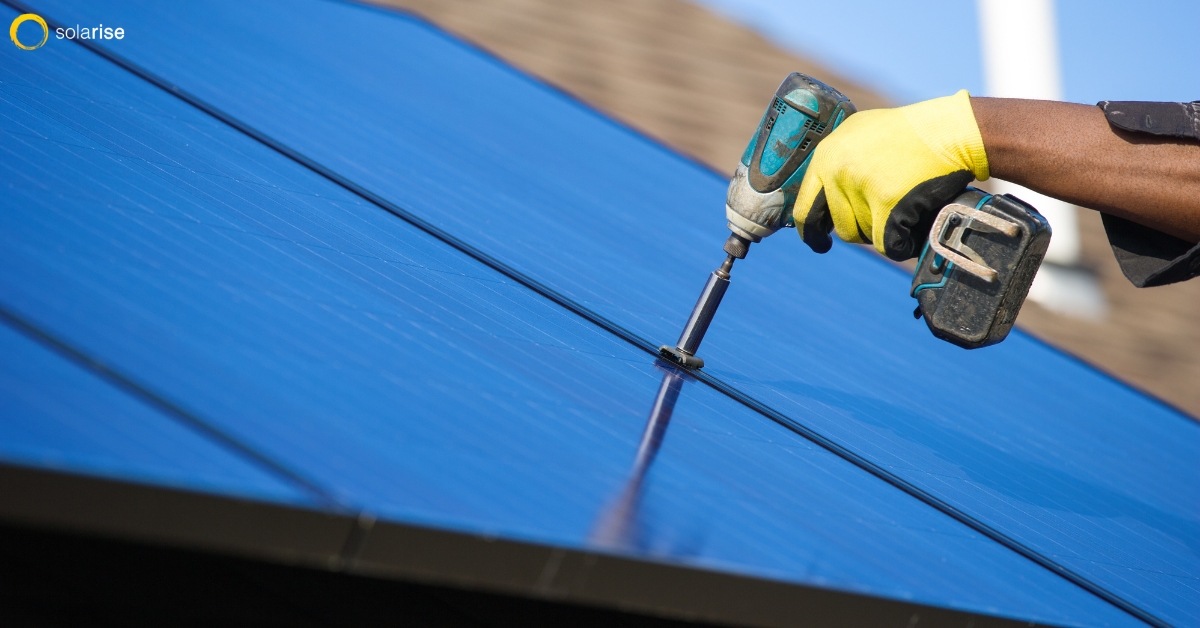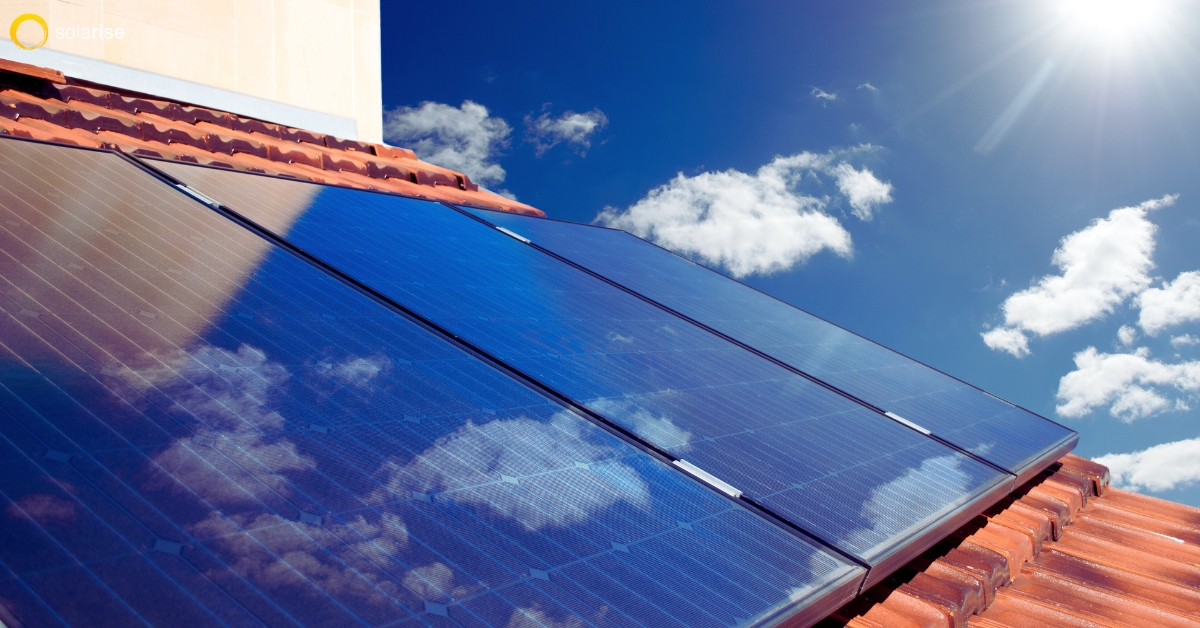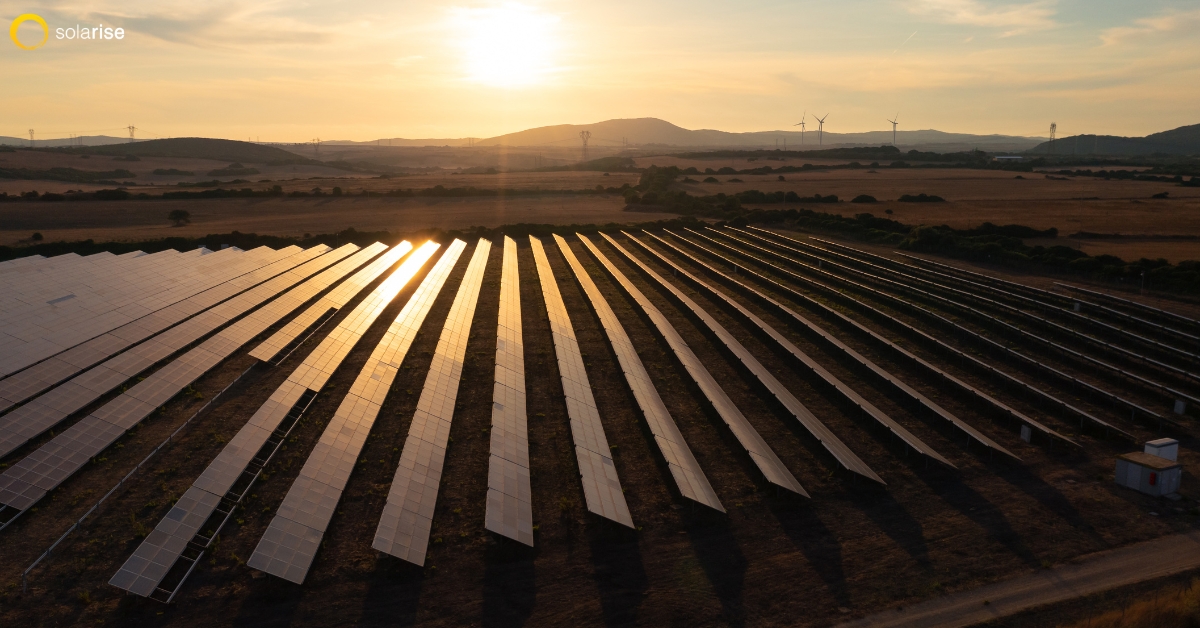Cutting your monthly electricity bill with solar energy sounds ideal. But, as with any significant home improvement, you need to know more to determine whether the investment is worth it. The question is: Are solar panels cost-effective for your particular needs on your particular property? Here’s some information to help you better understand the factors determining whether homeowners will obtain a good return on investment (ROI) in solar panels.
How Is Solar Panel ROI Assured?
Solar panel efficiency simply means the amount of electricity output produced by a particular surface area. Fortunately, Colorado is an exceptional state for solar energy production, with the number of annual sunshine days in many counties rivaling Miami, Florida! Plus, today’s high-performance residential and commercial solar panel systems can produce an abundance of electricity to supply virtually any level of energy needs.
But, Is Residential Solar Worth It?
A combination of factors determines how efficient solar panels can be on your particular property and whether going solar is the most cost-effective choice for your home or business.
Installation costs vary based on location and the type of installation needed. The kind of solar panels you choose will also make a big difference in the efficiency of your solar energy system.
Further, multiple considerations about your property must be weighed to determine whether an investment in solar panels makes sense for you. See the section below on solar panel efficiency factors.
Solar Panel Efficiency Ratings
These days, photovoltaic (PV) solar panels achieve ratings of around 11 to 15 percent. A higher rating means the system has a greater energy yield per the amount of sunlight energy landing on the solar cell. That also means the panel takes up less surface space on your roof or yard to fulfill your electricity needs.
More efficient solar panels may be necessary for smaller roofs on homes with a limited square area. Weighing the overall cost of your panels, including equipment and installation for the amount of kilowatt generation you can produce, will help you determine which panels are best for your particular home.
Types of Photovoltaic Solar Panels
PV technology converts sunlight that hits the surface of a solar panel into electricity to power electrical appliances and devices in homes and businesses. The efficiency of that process typically depends on which of the solar panel designs you install:
- Monocrystalline Silicon Panels: These are the most efficient and expensive, and the most widely used.
- Polycrystalline Silicon Panels: This type uses less silicon and is less efficient and cheaper.
- Building Integrated Photovoltaic Panels: This helps minimize aesthetic effects due to solar panel installation. They cost more but are less efficient.
- Thin-Film Solar Cell Technology: Photovoltaic cells are laminated to existing roofing material. They’re versatile and improving but less efficient and deteriorate faster.
The Other Critical Factors in Solar Panel Efficiency
A Solarise solar energy system design and installation expert will examine your location, building and roof, structural design elements, and other essential efficiency factors. The engineer then provides you with a long-term projection of the economic benefits you can expect from converting to solar power for your home.
- Solar panel quality: Panel grade determines how much energy can be captured and how much reflection off the glass cover can be reduced.
- Roof pitch: Commercial users may install solar tracking systems, usually cost-prohibitive for residential use.
- Panel angles: Panels must be angled well to capture maximum amounts of sunlight for full efficiency.
- Shade: Just a little shadow on one panel can reduce total electricity production by a surprising amount. There are alternatives to help maintain productivity.
- Climate: Heat reduces solar panel efficiency. Panels designed for hot climates generate a higher ROI in hot temperatures.
Benefits of Solar Panels
To fully answer the question: Are solar panels worth the investment? — you’ll need to factor in these important points contributing to ROI and other forms of value that altogether make solar worth it for you:
- Solar power can reduce your monthly electricity cost.
- Your electricity is free after you pay in full for your solar equipment.
- You’ll be protected from utility rate increases.
- You’ll get paid by the electric company for excess power from your system.
- You’ll live free from the grid with energy independence.
- You will realize a return on your investment in solar.
- There are federal income tax incentives and state sales tax incentives for solar.
- Solar panels increase property values.
- You will become part of the solution to excessive greenhouse gas emissions.
Solar panel prices have dropped over the past 40 years as solar adoption rates have continued to climb. Of course, pricing varies between solar panel companies. But, generally, the solar payback period is much shorter today than it was decades ago. The investment in a solar electric system is well worth it for most homeowners today due to the ongoing energy savings.
Questions To Ask Before Installing a Solar Energy System:
- What kind of solar installation setup is right for my property?
- How much electricity would my solar panels need to generate?
- How much would I save yearly on electricity?
- What is the quantity of direct sunlight that lands on my roof daily?
- What solar panel size can my roof support?
- How old is my roof, and is it in an appropriate condition for solar panels?
- What federal, state, and local government financial incentives can I receive?
- Does my local electric company offer any incentives for solar energy systems?
- Will a solar panel system increase my property value?
Solarise Property Assessment for Solar Installation
Our experts will provide you with a free assessment to determine the best solar panel system to reduce your electricity costs on your particular property. Our engineer will examine your building’s support infrastructure and architectural design and assess the practicality of solar panel installation and operation at your location. Your Solarise expert will determine how to install converters for safely capturing sunlight and converting it into electricity for your home.
We will also determine your installation cost, financial incentives, first-year production estimates, total annual savings, and when you can start realizing a return on your investment.
Solarise provides one of the industry’s best solar warranties. We provide solar services throughout Colorado.
